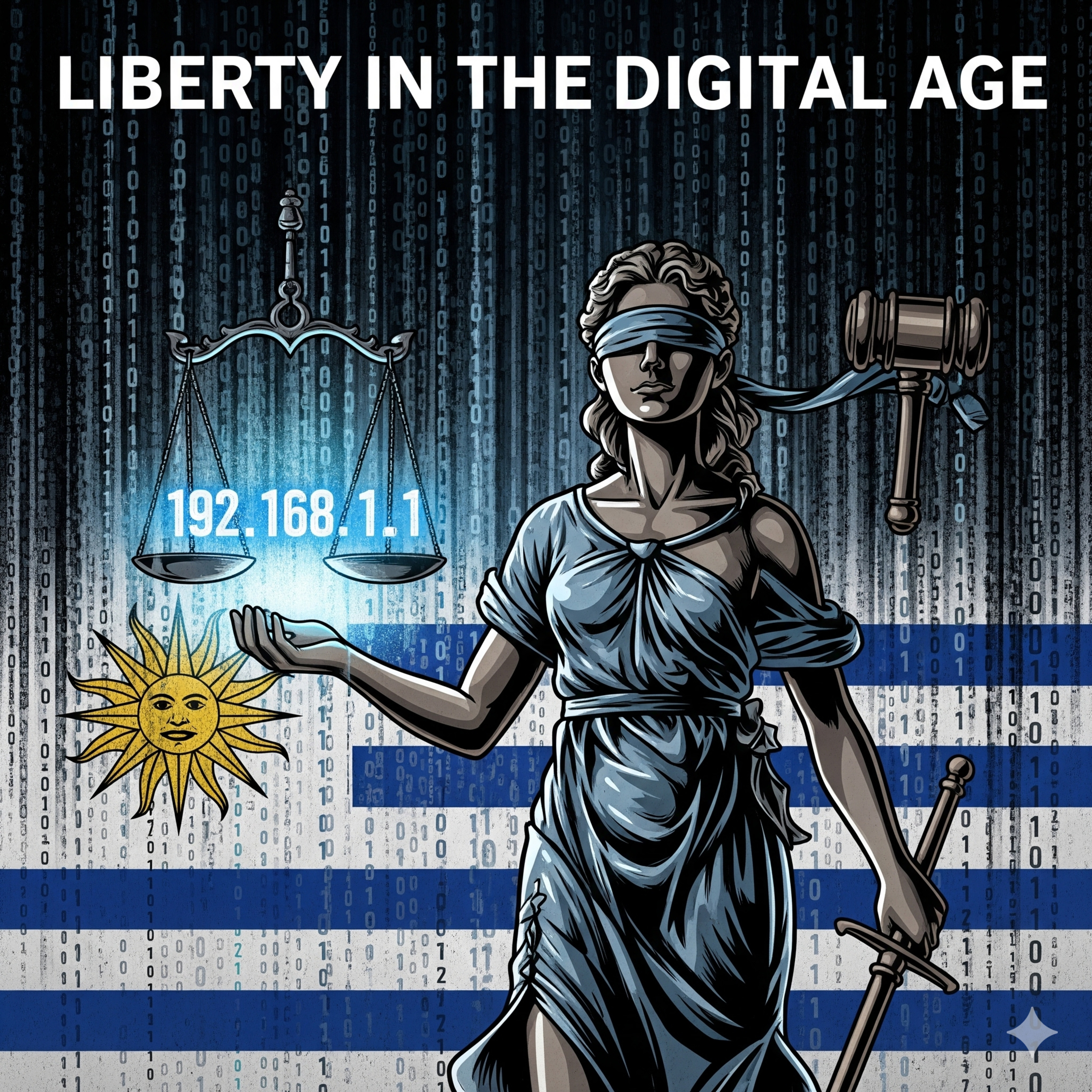Debate: Cybercrime or Cyber-Incompetence. The Alberto_Daniel Hill case.
- Author
- Alberto Daniel Hill
- Published
- Mon 08 Sep 2025
- Episode Link
- https://podcasters.spotify.com/pod/show/darkwebtoday/episodes/Debate-Cybercrime-or-Cyber-Incompetence--The-Alberto_Daniel-Hill-case-e37u21f
The central debate in Alberto Daniel Hill's case ⚖️revolves around the profound technical misunderstanding of cryptocurrency technology by the Uruguayan judicial and law enforcement authorities, leading to severe irregularities in the investigation and a fundamental misrepresentation of Mr. Hill's actions and seized assets.Do you support the police and justice systems with the elements part of the case? Or do you agree on my defense? 👮⚖️🇺🇾The State's Implied Position and Actions (as perceived by the Defense):Technical Ignorance and Arrogance: The prosecution and police demonstrated a lack of basic knowledge regarding cryptocurrencies, hacking, and digital forensics. They misinterpreted Mr. Hill's legitimate cybersecurity tools and professional activities, such as port scanning or possessing USB Killers, as evidence of criminal intent.Flawed Evidence Collection and Custody: The State relied on "evidence" that violated best practices for digital forensics. Firewall logs and the alleged extortion email were presented as paper printouts, lacking original digital format, integrity verification, or electronic signatures, contrary to Uruguayan Law 18.600. Crucially, the supposed extortion email did not include a Bitcoin wallet address for payment, rendering the alleged extortion attempt technically impossible.Violations of Due Process: Authorities arrested Mr. Hill without reading his rights, interrogated him without a lawyer, and obtained a false confession under intense psychological pressure and threats against his loved ones. He was denied vital medication for anxiety and ADHD for 48 hours, significantly impairing his ability to defend himself.Media Manipulation: The police leaked false information and photographs to the media, portraying Mr. Hill as a "cybercriminal" and leading to a "trial by media" that destroyed his reputation before any conviction.Negligent Handling of Digital Assets: The authorities' mishandling of Mr. Hill's devices directly led to significant financial losses.Alberto Daniel Hill's Defense:Expert, Not Criminal: Mr. Hill is a certified cybersecurity professional with a history of responsible disclosure of vulnerabilities to Uruguay's CERT in 2014 and 2015, without seeking personal gain. He specialized in cryptocurrencies and blockchain technology. His "hacker" tools were legitimate professional equipment.Misinterpretation of Cryptocurrency Wallets: The core error by authorities was failing to distinguish between self-custody (non-custodial) wallets and custodial wallets.Self-Custody Wallet (Ledger Nano S) Loss: His Ledger Nano S hardware wallet, a self-custody device where the user holds exclusive private keys, was seized. Attempts by police to access it with incorrect PINs likely caused it to auto-erase its contents after three failed attempts, leading to the permanent loss of assets. The "recovery cards" (seed phrases), which are the only way to recover funds from a self-custody wallet, were also improperly seized. Lost assets include 27 Bitcoins, 30 Bitcoin Cash, 1,000 Litecoins, 100 Ethereums, and 5,000 Ripple. At the time of seizure in September 2017, the 27 Bitcoins alone were valued at approximately $108,000 USD.Custodial Wallet Funds (WEX.nz) Loss: A Lenovo mobile phone used for two-factor authentication (2FA) to access his custodial account on the WEX.nz exchange was improperly seized and kept powered on without proper forensic protocols. This prevented Mr. Hill from accessing his funds, resulting in the loss of over 100,000 USD when the WEX.nz platform collapsed in 2018.
